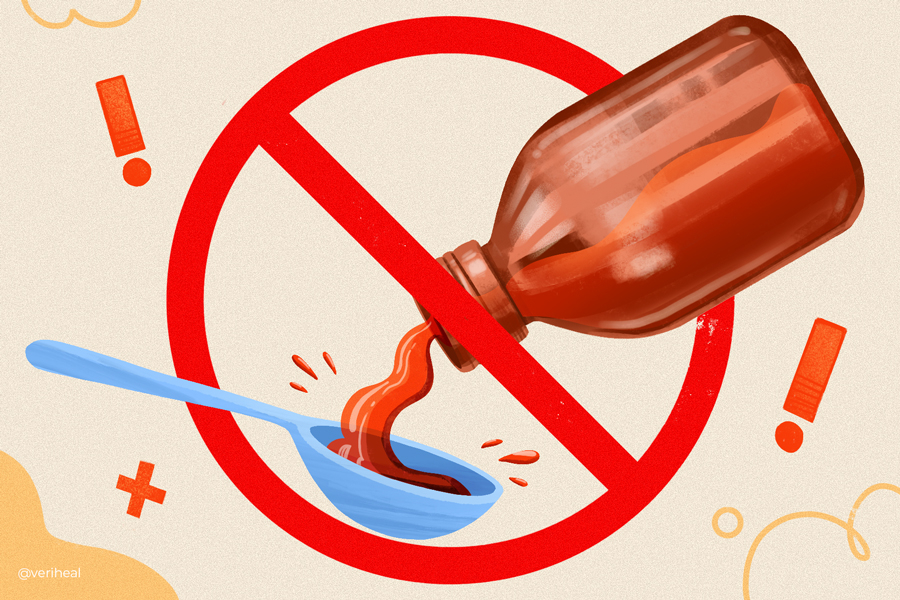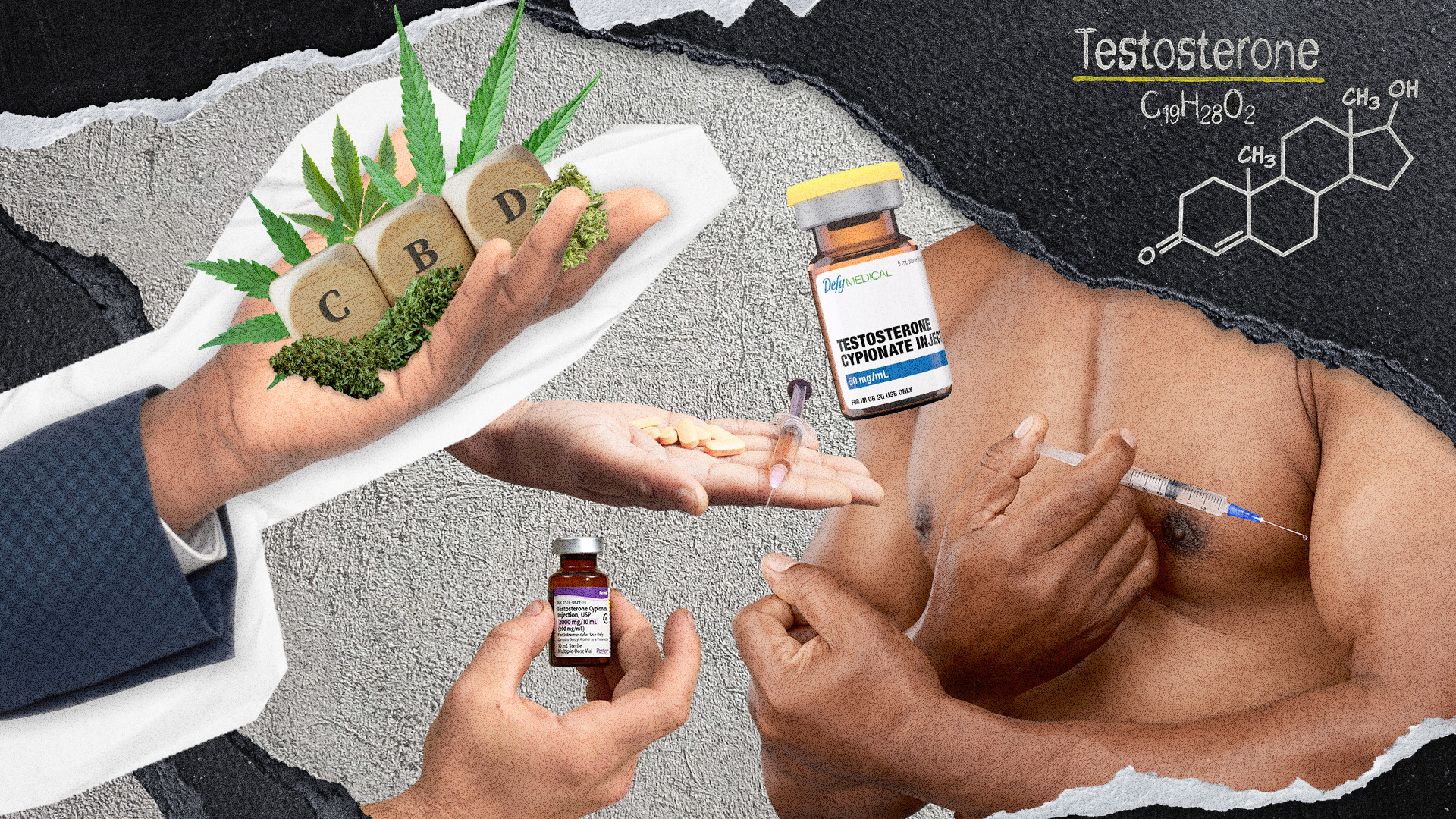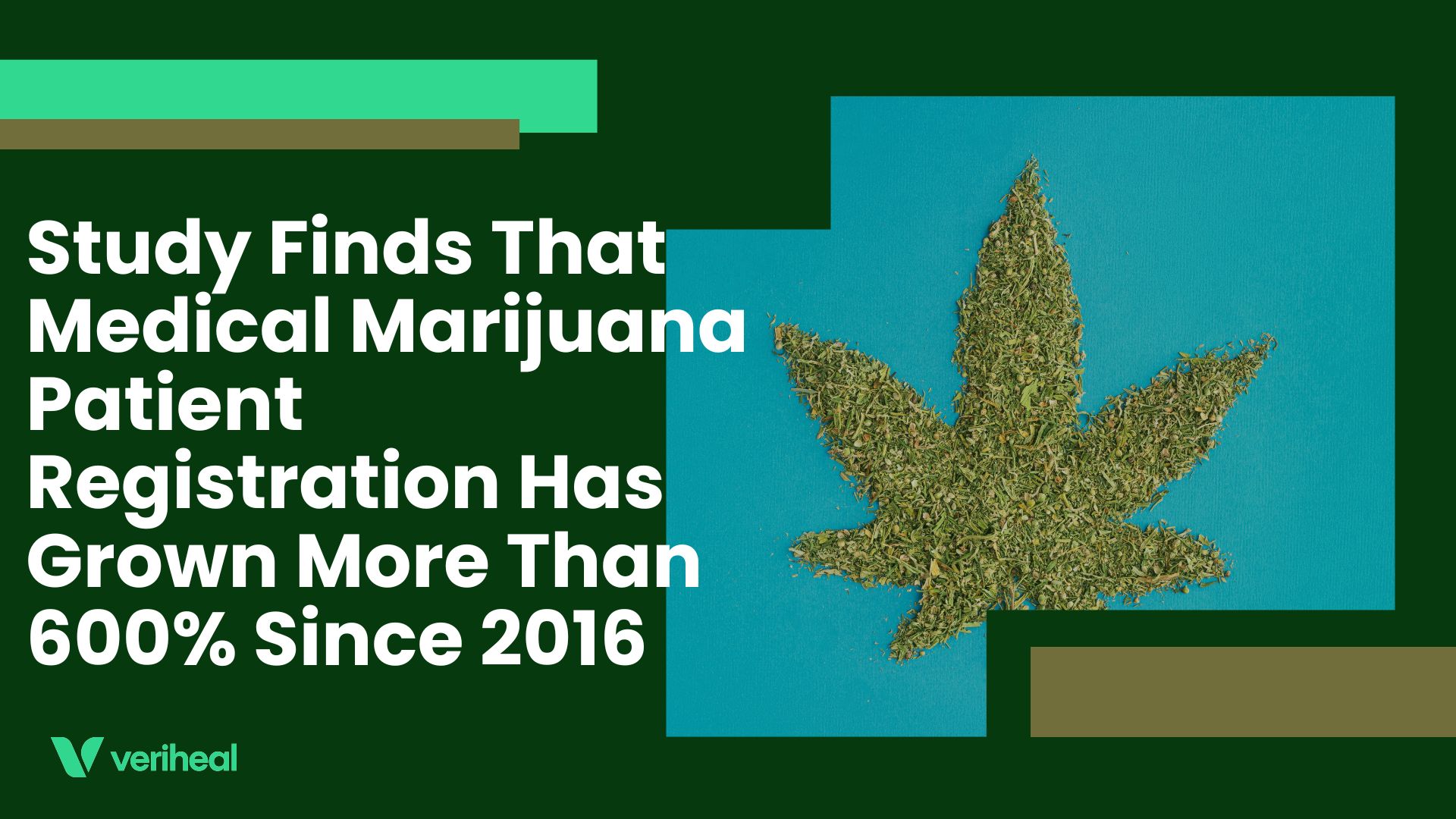Prescription drugs such as codeine, a type of opioid, are a major problem in the United States. According to the CDC, “Nearly 75% of drug overdose deaths in 2020 involved an opioid.”
When you start looking at how much money drug companies are making, it’s difficult to pinpoint an answer. Allied Market Research says, “The global opioids market size was valued at $4.4 billion in 2020 and is projected to reach 6.1 billion by 2030.” Persistent market research says, “As assessed by persistent market research, morphine is expected to hold the largest market value of U.S. $15.9 billion by 2023.” The synthetic opioid fentanyl is also showing up just about everywhere. According to heritage.org, “Fentanyl is a unique drug in several ways. The profit margin is remarkable: a $3,000 investment can produce $1,500,000 in earnings.”
The street value of fentanyl is exceptionally high. Bedrock Recovery Center says the average cost for a gram of fentanyl on the street is between $150 to $200. Fentanyl is said to be 50 to 100 times more powerful than heroin and even more addictive. By a drug dealer simply lacing a substance with a little bit of this drug, drug dealers can easily hook somebody on their product.
The Kensington neighborhood of Philadelphia is a frightening example of what happens when a massive amount of doctors move into an area and over-prescribe prescription drugs. The Episcopal Campus of Temple University Hospital is at the center of this problem; the city’s health commissioner, Dr. Thomas Farley, told media sources, “Episcopal is absolutely ground zero.”
According to emergency room doctor Joseph D’Orazio of The Episcopal Campus of Temple University Hospital, staff there treat as many as 80 overdoses weekly. Pharmaceutical companies have been sued. Doctors have been arrested. Still, the opioid epidemic has continued. One thing, however, has helped slow the roll of prescription drugs like opioids. That one thing is cannabis.
Why You Should Get Your Medical Marijuana Card
Veriheal has satisfied millions of patients nationwide by giving them access to these benefits
- Larger purchase limits
- Peace of mind
- Enhanced legal protection
- Access to higher potency strains
- Save up to 25% on cannabis purchases
- Skip the line at the dispensary
Cannabis Legalization in America
Cannabis legalization is sweeping the nation. Twenty-one states have passed adult-use recreational cannabis laws, and over 30 states have implemented positive cannabis reform laws resulting in successful medical cannabis programs. Grandview Research says, “The North America legal cannabis market size was estimated at USD 12.4 billion in 2021 and is expected to reach USD 15.2 billion in 2022.”
Every state in America that has legalized adult-use recreational cannabis also has legalized medical cannabis. Some people might wonder why medical cannabis is needed when recreational cannabis is legal. The answer is simple. Having a medical cannabis card gives you access to stronger medicine, larger purchasing limits, lower tax rates, and legal access to medical cannabis in more than a dozen other states that offer cannabis reciprocity and accept out-of-state MMJ cards.
How Cannabis Helps With Prescription Drug Dependency
Cannabis legalization is helping the nation in many ways. It is generating mass amounts of revenue, reducing crime rates, and helping to reduce prescription drug dependency. Many people try to get off of prescription drugs by going to state-funded clinics, which often treat drug addiction with other prescription drugs. It’s a vicious circle. Helping to break that circle, cannabis is showing up to lend a helping hand.
When people try to quit using prescription drugs, they all too often face many different symptoms of withdrawal—severe pain, nausea, vomiting, loss of appetite, insomnia, and more. Cannabis is a powerful medicine and is known to help with symptoms such as those mentioned above. It’s not just rumors and hearsay that cannabis is helping slow the role of prescription drugs such as codeine and other types of opioids. Here’s what some of the research has to say:
- “The crude average prevalence of opioid prescriptions is approximately 20 people per 100 higher among states where medical marijuana is illegal (mean: 81.1 of 100; range: 47.8–121.0) than states where medical marijuana has been decriminalized (mean: 61.2 of 100; range: 41.9–84.9).”(NCBI)
- “States that legalize recreational marijuana experience a short-term decline in opioid-related emergency department visits, particularly among 25- to 44-year-olds and men, according to an analysis led by the University of Pittsburgh Graduate School of Public Health.” (UPMC)
- “Legalizing marijuana for recreational use was associated with an additional 7% reduction in opioid overdose mortality in Colorado.”(BMC)
- “The annual rate of deaths due to overdose on an opioid painkiller was nearly 25% lower in states that permitted medical marijuana.” (Science.org)
If you’re interested in trying medical cannabis to assist with substance withdrawal, make an appointment with an MMJ doctor in your state today.
Author, Share & Comments















